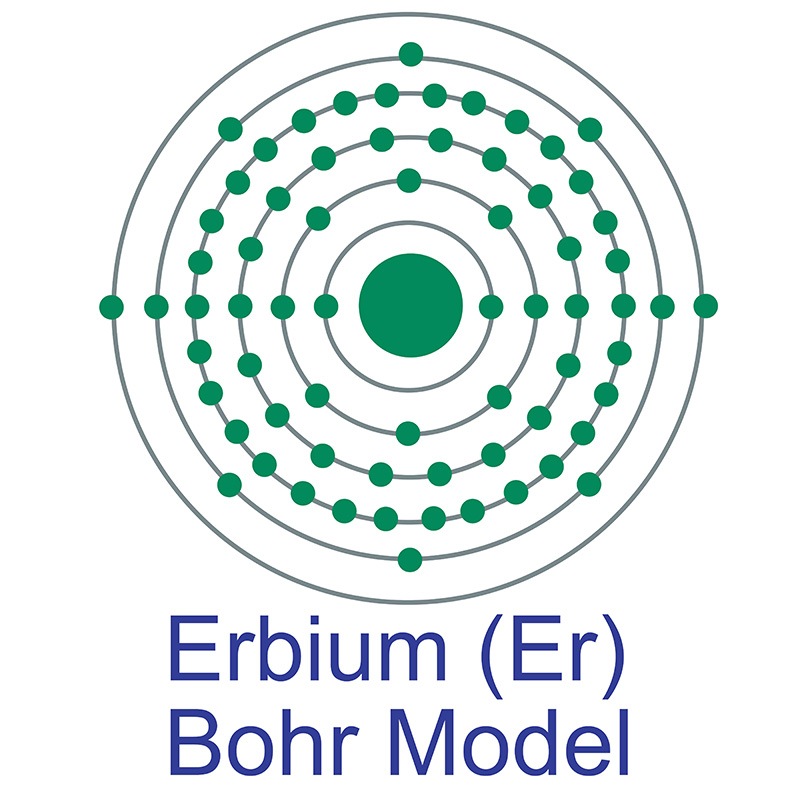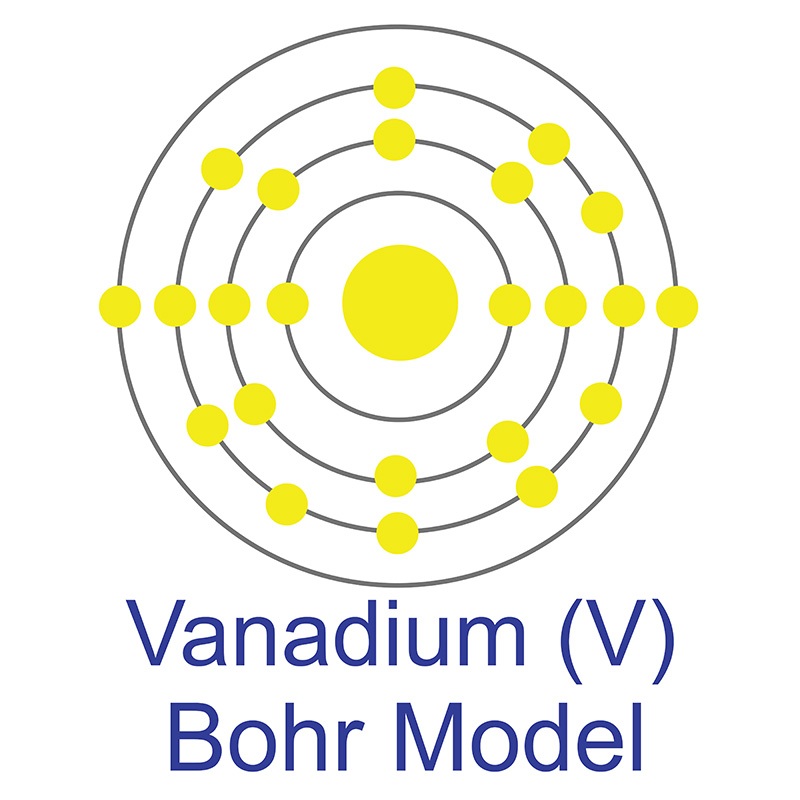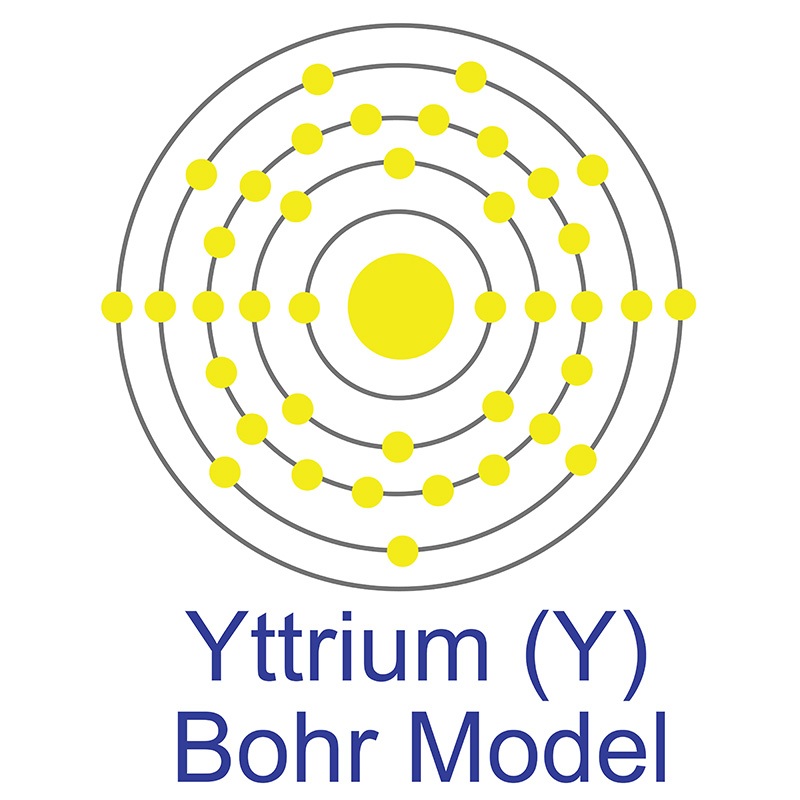Materials
Materials by Form
2D Materials Alloy & Alloy Forms Pure Metals & Metal FormsCeramic FibersFoams: Metallic & Ceramic High Purity Materials Isotopes MXenesOxides Rare Earths Semiconductors Solutions
Chemicals & Salts
All Chemicals & Salts Acetates Aluminides Ammonium Sulfates Antimonides Arsenates Benzoate Bromates Bromides Carbonates Chlorides Chromates Fluorides Hydrides Hydroxides Iodates Iodides Lactates Molybdates Nitrates Oxalates Oxides Perchlorates Phosphates Selenates Selenides Selenites Silicates Stearates Sulfates Sulfides Sulfites Tantalates Tellurates Tellurides Tellurites ThiocyanatesVanadates
Ceramics
Nanomaterials
Organometallics
Materials by Application
Additive Manufacturing & 3D Printing Battery & Supercapacitor Materials Catalysts Dental Materials Electronics Materials Fuel Cell Materials Fusion EnergyGlass Manufacturing Green Technology & Alternative Energy Hydrogen Storage Laser Crystals Life Sciences & Biomaterials Metallurgy Nanotechnology & Nanomaterials Optical Materials Photovoltaic & Solar Energy Plating Pigments & Coatings Research & Development Space Technology Sputtering Targets Thin Film Deposition Water Treatment Weather Modification
Life Science Chemicals
Life Science Products AlcoholsAldehydesAmidesAminesAmino Acids & DerivativesAromaticsArylsAzetidinesBenzimidazolesBenzisoxazolesBenzodioxansBenzofuransBenzothiazolesBenzothiophenesBenzoxazolesCarboxylic AcidsEnzymes & InhibitorsEstersEthersFluorinated Building BlocksFuransHalidesImidazolesImidazolidinesIndazolesIndolesIndolinesIsoquinolinesIsoxazolesKetonesMorpholinesNaphthyridinesNitrilesOrganoboronOrganosiliconOxadiazolesOxazolesPharmaceuticals & IntermediatesPhenolsPhytochemicalsPiperazinesPiperidinesPyrazinesPyrazolesPyridazinesPyridinesPyrimidinesPyrrolesPyrrolidinesPyrrolinesQuinazolinesQuinolinesQuinoxalinesSpiroesSulfonyl ChloridesTetrahydroisoquinolinesTetrahydropyransTetrahydroquinolinesTetrazolesThiadiazolesThiazolesThiazolidinesThiolsThiophenesTriazinesTriazoles
About Us
Locations
Austria Belgium Brazil Canada China & Hong Kong Czech Republic Denmark Finland France Germany Greece Hungary India Indonesia Israel Italy Japan Malaysia Mexico Netherlands Norway Philippines Poland Portugal Russia Singapore South Korea Spain Sweden Switzerland Taiwan Thailand Turkey United Kingdom United States
Industries
Aerospace Agriculture Automotive Chemical Manufacturing Defense Dentistry Electronics Energy Storage & Batteries Fine Art Materials Fuel CellsFusion Energy Glass Investment Grade Metals Jewelry & Fashion Lasers Lighting Medical Devices Museums & Galleries Nuclear Energy Oil & Gas Optics Paper & Pulp Pharmaceuticals & Cosmetics Research & Laboratory Robotics Solar Energy Space Sports Equipment Steel & Alloy Producers Textiles & Fabrics Water Treatment Municipalities
Follow Us
 The number of electrons in each of Erbium's shells is [2, 8, 18, 30, 8, 2] and its electron configuration is [Xe]4f12 6s2. The erbium atom has a radius of 176 pm and a Van der Waals radius of 235 pm. Erbium was discovered by Carl Mosander in 1843. Sources of Erbium include the mineral monazite and sand ores. Erbium is a member of the lanthanide or
The number of electrons in each of Erbium's shells is [2, 8, 18, 30, 8, 2] and its electron configuration is [Xe]4f12 6s2. The erbium atom has a radius of 176 pm and a Van der Waals radius of 235 pm. Erbium was discovered by Carl Mosander in 1843. Sources of Erbium include the mineral monazite and sand ores. Erbium is a member of the lanthanide or  In its elemental form, erbium is soft and malleable. It is fairly stable in air and does not oxidize as rapidly as some of the other rare earth metals. Erbium's ions fluoresce in a bright pink color, making them highly useful for imaging and
In its elemental form, erbium is soft and malleable. It is fairly stable in air and does not oxidize as rapidly as some of the other rare earth metals. Erbium's ions fluoresce in a bright pink color, making them highly useful for imaging and  The number of electrons in each of Vanadium's shells is 2, 8, 11, 2 and its electron configuration is [Ar] 3d3 4s2. The vanadium atom has a radius of 134 pm and a Van der Waals radius of 179 pm. Vanadium was discovered by Andres Manuel del Rio in 1801 and first isolated by Nils Gabriel Sefström in 1830. In its elemental form, vanadium has a bluish-silver appearance.
The number of electrons in each of Vanadium's shells is 2, 8, 11, 2 and its electron configuration is [Ar] 3d3 4s2. The vanadium atom has a radius of 134 pm and a Van der Waals radius of 179 pm. Vanadium was discovered by Andres Manuel del Rio in 1801 and first isolated by Nils Gabriel Sefström in 1830. In its elemental form, vanadium has a bluish-silver appearance.  It is a hard, ductile transition metal that is primarily used as a
It is a hard, ductile transition metal that is primarily used as a  The number of electrons in each of yttrium's shells is [2, 8, 18, 9, 2] and its electron configuration is [Kr] 4d1 5s2. The yttrium atom has a radius of 180 pm and a Van der Waals radius of 219 pm. Yttrium was discovered by Johann Gadolin in 1794 and first isolated by Carl Gustav Mosander in 1840. In its elemental form, Yttrium has a silvery white metallic appearance. Yttrium has the highest thermodynamic affinity for oxygen of any element.
The number of electrons in each of yttrium's shells is [2, 8, 18, 9, 2] and its electron configuration is [Kr] 4d1 5s2. The yttrium atom has a radius of 180 pm and a Van der Waals radius of 219 pm. Yttrium was discovered by Johann Gadolin in 1794 and first isolated by Carl Gustav Mosander in 1840. In its elemental form, Yttrium has a silvery white metallic appearance. Yttrium has the highest thermodynamic affinity for oxygen of any element.  Yttrium is not found in nature as a free element and is almost always found combined with the lanthanides in rare earth minerals. While not part of the
Yttrium is not found in nature as a free element and is almost always found combined with the lanthanides in rare earth minerals. While not part of the 